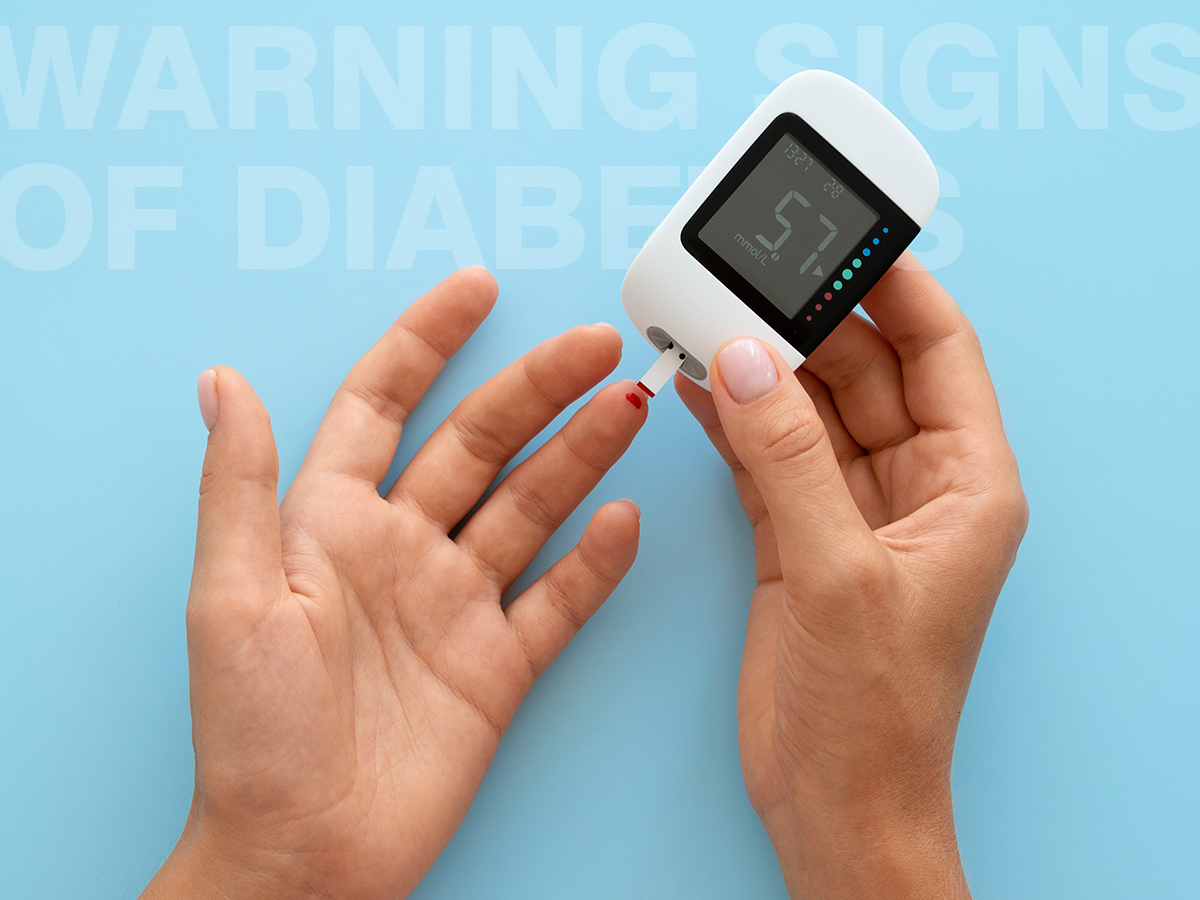High blood pressure, or hypertension, is a common health issue that affects millions worldwide. Left unmanaged, it can lead to severe complications like heart disease, stroke, and kidney failure. While medications are often necessary, adopting natural remedies can help manage blood pressure naturally. In this guide, we’ll explore effective strategies to manage hypertension at home, focusing on lifestyle changes and dietary adjustments.
1. Adopt a Heart-Healthy Diet
Your diet plays a crucial role in managing blood pressure. Incorporating heart-healthy foods and reducing certain harmful elements can significantly improve your health.
- Increase Potassium-Rich Foods:
Potassium helps balance sodium levels, reducing pressure on your blood vessels. Include foods like bananas, sweet potatoes, spinach, and avocados in your diet. - Reduce Sodium Intake:
Excess sodium is a major contributor to high blood pressure. Limit your daily salt intake to 1,500 mg or less by avoiding processed foods and opting for fresh, home-cooked meals. - Eat Whole Grains and Fiber:
Consuming whole grains like oats, quinoa, and brown rice can help regulate blood pressure. Fiber-rich foods such as legumes and fruits also support heart health.
Tip: Follow the DASH diet (Dietary Approaches to Stop Hypertension), which is designed to lower blood pressure by focusing on fruits, vegetables, lean proteins, and whole grains.
2. Engage in Regular Physical Activity
Exercise is one of the most effective ways to manage blood pressure at home. Physical activity strengthens your heart, enabling it to pump blood more efficiently, which lowers pressure on your arteries.
- Aim for 30 Minutes of Exercise Per Day:
Activities like brisk walking, swimming, cycling, or yoga can lower blood pressure by up to 5-8 mm Hg in people with hypertension. - Incorporate Strength Training:
Include resistance exercises like lifting weights 2-3 times per week to complement aerobic exercises. - Stay Consistent:
Regular activity is key to long-term blood pressure management. Even moderate activities, such as gardening or taking the stairs, can make a difference.
3. Manage Stress Levels
Chronic stress can contribute to elevated blood pressure. Learning how to relax and manage stress effectively can have a significant impact on your overall heart health.
- Practice Deep Breathing:
Deep breathing exercises or meditation can lower blood pressure by calming your nervous system. Try taking 5-10 minutes a day to focus on your breathing, inhaling deeply and exhaling slowly. - Engage in Relaxing Activities:
Activities like yoga, tai chi, or listening to calming music can help reduce stress levels and promote relaxation. - Consider Journaling:
Writing down your thoughts can help manage daily stresses and promote mental clarity.
4. Maintain a Healthy Weight
Weight management is critical for controlling blood pressure. Even losing 5-10% of your body weight can lead to significant reductions in blood pressure.
- Monitor Your Body Mass Index (BMI):
Aim to keep your BMI within the normal range (18.5 – 24.9). Excess weight, particularly around your waist, increases the risk of hypertension. - Eat Smaller Portions:
Reducing portion sizes and avoiding high-calorie, high-fat foods can help you maintain a healthy weight and lower your blood pressure. - Avoid Sugary Beverages:
Opt for water, herbal teas, or unsweetened drinks instead of sugary sodas and energy drinks, which contribute to weight gain.
5. Reduce Alcohol and Caffeine Intake
Both alcohol and caffeine can raise blood pressure, especially when consumed in excess. Reducing your intake of these substances can support your goal to manage blood pressure naturally.
- Limit Alcohol Consumption:
If you drink alcohol, limit your intake to one drink per day for women or two drinks per day for men. More than this can lead to an increase in blood pressure. - Monitor Caffeine Consumption:
While the effects of caffeine on blood pressure vary, excessive consumption can lead to temporary spikes. Limit your intake to 1-2 cups of coffee per day, and avoid caffeine before physical activity or stressful situations.
6. Quit Smoking
Smoking is a major risk factor for heart disease and hypertension. Each cigarette raises your blood pressure temporarily, and long-term smoking damages blood vessels.
- Seek Professional Help:
Quitting smoking can be challenging, but there are many resources available, such as counseling, support groups, and nicotine replacement therapies. - Celebrate Milestones:
With every month you remain smoke-free, your risk of heart-related issues decreases, and your blood pressure stabilizes.
7. Get Quality Sleep
Poor sleep is linked to an increased risk of high blood pressure. Aim for 7-8 hours of restful sleep each night to support overall heart health.
- Create a Bedtime Routine:
Go to bed at the same time each night and wake up at the same time each morning. Avoid screens for at least an hour before bedtime. - Reduce Sleep Disruptions:
Avoid caffeine, large meals, or intense exercise late in the day to ensure a peaceful night’s sleep.
Conclusion
Managing high blood pressure naturally requires a combination of healthy lifestyle choices and consistency. By adopting these strategies—improving your diet, exercising regularly, managing stress, and making key lifestyle changes—you can successfully lower your blood pressure and reduce the risks associated with hypertension. Always consult with your healthcare provider before making significant changes, especially if you’re currently taking medications for high blood pressure.
By following these steps, you can take control of your health and enjoy a more balanced life.
Medixnest
Unlock a healthier you with expert-curated blogs, latest health news, and insights from professionals. Join Medixnest’s empowering community for accurate and accessible health information.



